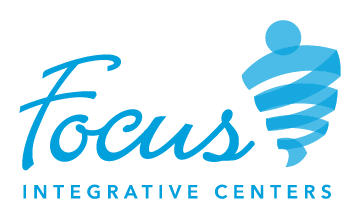What is Aftercare?
At Focus, we acknowledge that just because treatment is over doesn't mean that recovery stops. Managing recovery outside of a treatment setting isn't always a smooth process, and most people will need some encouragement, feedback, and peer support as they do so. Aftercare is a weekly support group hosted by Focus in which members can seek the support and insight they need to maintain their motivation for eating disorder recovery. Participation is entirely voluntary and FREE for all members - no appointments needed!
What does an Aftercare group look like?
The typical group size for Aftercare is between 2-6 people. Groups are casual and take place in our yoga room on our fabulous memory-foam bean bag chairs. Group members will be asked to introduce themselves and share a little bit about what they hope to gain from Aftercare that night: a chance to process, a chance to celebrate recovery victories, a need for feedback or advice, or simply a desire to be present to support others in recovery.
In the event that you are the only person present for an Aftercare group, you will have the option to check in one-on-one with the Aftercare facilitator to discuss your individual needs and progress, or you may leave early.
Aftercare is facilitated by Caroline Whitaker, MS, NCC, our resident Director of Alumni Programming.
Who may participate in Aftercare?
Anyone who has completed an eating disorder-specific treatment program (either at Focus or elsewhere) and is active in his or her recovery is invited to participate in this group. Adults and adolescents are welcome! (*See limitations below.)
What does it mean to be "active" in recovery?
To be active in recovery means that you are committed to prioritizing your recovery journey. This does NOT mean that you have to be "perfect" in your recovery! It means that while you may stumble and relapse, recovery continues to be something for which you are motivated.
*Limitations to participation
For the safety and productivity of the group, group participation is limited to those who are active in their recovery and stable to the extent that physical, psychological, or emotional crisis management services are not immediately required.
Our Aftercare facilitator is a certified mental health professional, and is ethically bound to refer individuals that qualify for a higher level of care to the appropriate resources for the safety and security of the individual. Our Aftercare facilitator will gladly provide recommendations for treatment, and will help facilitate your transfer to the necessary services.
